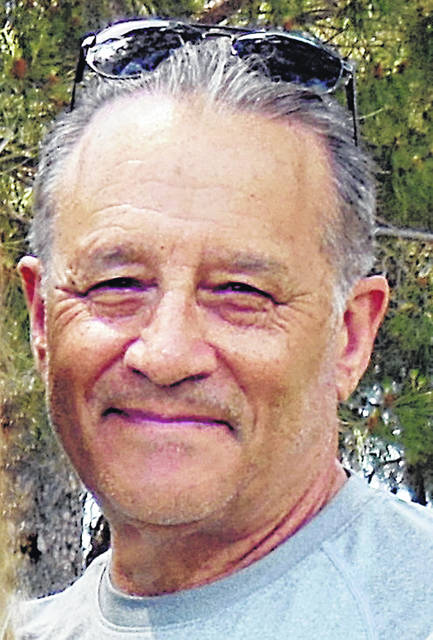
It’s a fact. According to the Environmental Protection Agency, carbon dioxide amounts to 81 percent of the planet’s greenhouse gases (2018). The Global Carbon Project has calculated that, “The global carbon dioxide concentration increased from about 277ppm in 1750 to 407ppm in 2018 (up 46 percent).” Worse, each molecule of CO2 stays in the air for at least 100 years, unless it can somehow be sequestered in the earth’s soils, oceans or vegetation.
Here’s how carbon sequestration works in soil. As a part of the photosynthesis process, plants intake carbon dioxide and convert it into sugar. Plants then release the sugar or carbohydrates into the soil through their roots, or in the form of residue when they die. In these processes, some of the carbon stays in the soil, sequestered so to speak.
No-till farming practices promote the sequestration of carbon in the soil, creating what’s called carbon ‘sinks.’ Less chemical and more organic fertilizers, like manure, also enhance soil and climate practices.
Observant travelers may have noticed that in the Highland County area there are many farmers practicing no-till farming. Transitioning to no-till can affect yields initially, but the benefits of no-till can be motivational. Much has been written recently about the pros and cons of further motivating farmers through the development of so-called “carbon markets.” A simple explanation of carbon markets would be to say that farmers who practice soil sequestration could in turn commodify the sequestered carbon and sell it as carbon credits to industries seeking to buy these credits as off-sets to their carbon polluting footprints. A recent article in the Ohio-based newspaper Farm and Dairy put forward the notion that carbon markets “in theory could be a win-win, farmers and foresters could get paid for storing carbon in their soil or trees while companies could offset their emissions by buying credits and the world could see a net decrease in emissions.”
Many companies have expressed interest in these kinds of credit exchanges. Why? Some think cynically that it’s a way of purchasing environmental praise by buying these offsets. But here’s the problem with monetizing carbon as a commodity. First, most agricultural economists don’t think there’s much money in it for farmers. Pricing is an obvious problem. There’s also skeptical concern for the behavioral effect on polluting industries.
In the same above-mentioned Farm and Dairy article, Jim Goodman, a board member for the Wisconsin-based Family and Farm Defenders and a retired dairy farmer said, “Sequestering carbon in the soil is a great idea. The idea of having farmers sequester carbon and then put that sequestered carbon into a market is something I don’t necessarily agree with…This whole thing just seems to be a scheme, to me, to allow polluting industries to continue to pollute.”
So, I have a better idea when it comes to incentivizing farmers, foresters and polluting companies. Call it a carbon emissions tax on polluting industries. This would be a minimal corporate tax based on the degree of a business’ carbon emissions, and would be administered directly to farmers and foresters, paying them to adopt agricultural practices that turn their acreage into more effective and efficient carbon sinks, taking the financial risks out of the transition equation.
According to 2019 data, U.S. based corporations generate more than a trillion dollars in revenues over the course of a year. A carbon emissions tax of a fractional 1 percent would have minimal effects on corporate bottom lines, motivate them to make improvements on the carbon emissions, give them the same good environmental stewardship feeling, and be a huge boon to farmers whether or not they have already adopted no-till type practices. Most farmers, by the way, also tend to forested lands.
Yes, there are other soil issues related to the degradation of our environment. More responsible use of fertilizers is one. Methane gas emissions are 40 times more potent than carbon dioxide. But the income to farmers transferred by such a carbon emissions tax would be, in my view, a game changer in terms of making farmers and foresters better agents of effective change.
Bill Sims is a Hillsboro resident, retired president of the Denver Council on Foreign Relations, an author and runs a small farm in Berrysville with his wife. He is a former educator, executive and foundation president.


